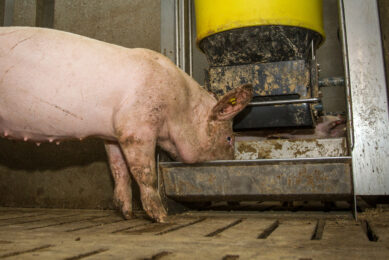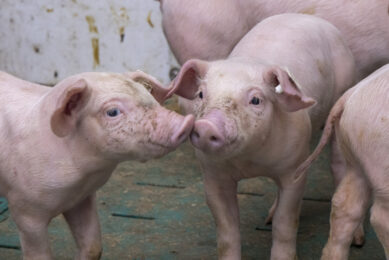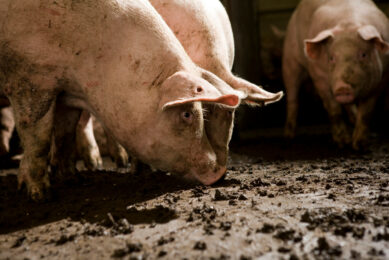Around the world in 9 pig farms in 2023

Now that 2023 has ended, Pig Progress looks back at the inspiring pig farms around the globe that willingly opened their doors for an editioral feature.
When compared to previous years, both Covid-19 as well as African Swine Fever were relatively absent in the news headlines in 2023. That meant that travelling around the globe visiting farms also became increasingly possible.
Farm visits in Laos, Spain, UK
I was happy to be able to visit farms myself in Laos, Spain, the UK and the Netherlands, whereas my colleagues at the Dutch-language title Boerderij as well as correspondents took care of interesting features in Germany, France, Hungary, the US and Ukraine. Scroll down to see a quick recap of the 2023 farms we visited – and perhaps you might’ve missed one.
Last but not least, the usual disclaimer: The following list by no means should be seen as a top-9. It is simply an overview of a series of interesting pig farm sites that we visited, with one common characteristic: They have a unique story to tell. Here we go!
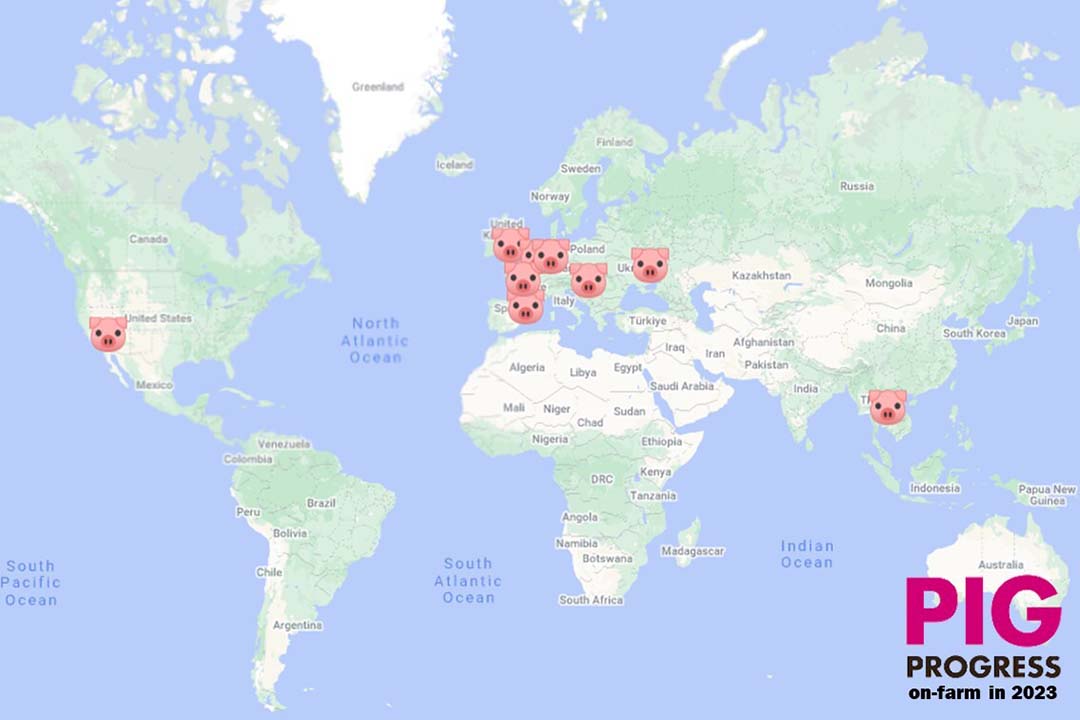
 FRANCE: SAS Gigou
FRANCE: SAS Gigou
Working with easy going breeding stock is very relaxing. That is one of the reasons why sow producer Nicolas Gigou in France’s Central-Val de Loire region was happy with a recent repopulation. Kees van Dooren, senior reporter for Boerderij, paid a visit to this facility with 400 grandparent sows, from the breeding company Axiom. Every 3 weeks, the farm produces 150-200 parent stock sows for commercial facilities.
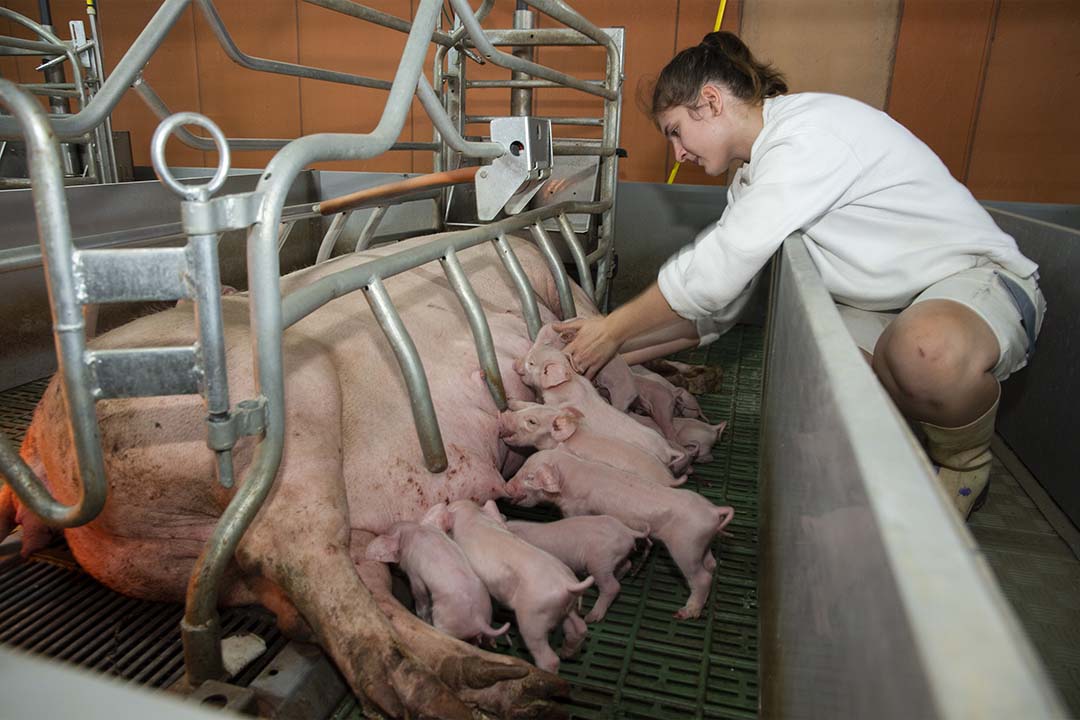
 GERMANY: Schulte-Remmert farm
GERMANY: Schulte-Remmert farm
Free farrowing is going to be more common in Europe in the years to come. The organic Schulte-Remmert farm, a 2-site facility with 180 sows not too far from Lippstadt in North Rhine-Westphalia state, developed its own method to prevent crushing piglets. As Boerderij’s senior reporter Anne-Marie van der Linde explains, the farm revolves around peace and quiet, supervision and separate, functional areas.
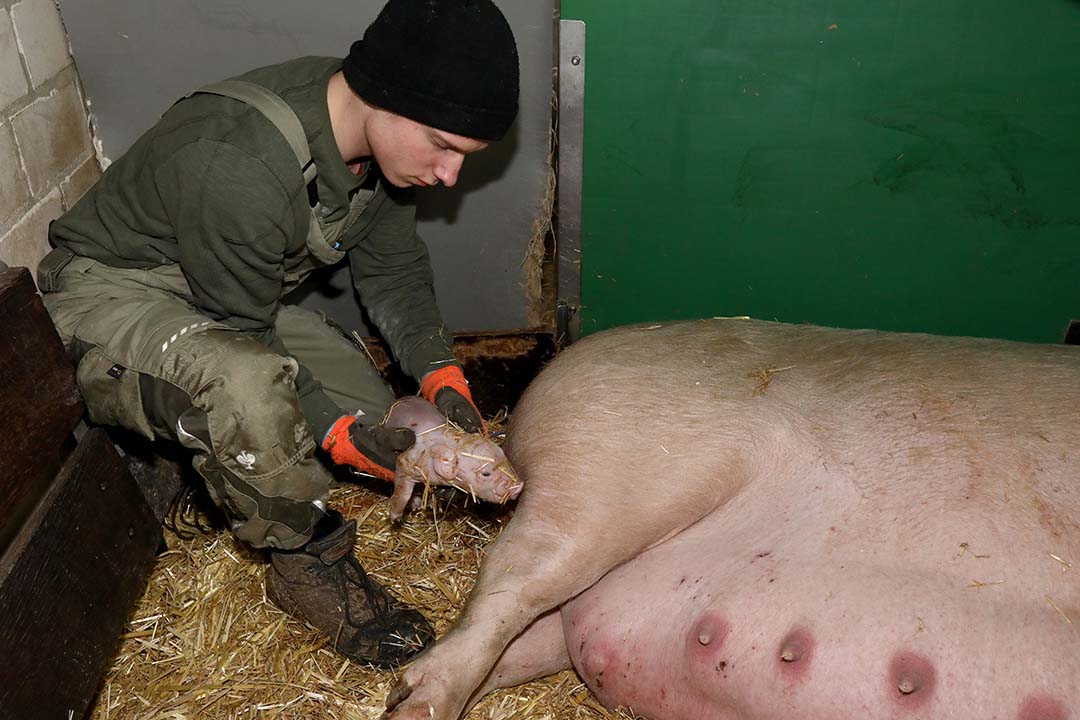
 UKRAINE: Agrocomplex Slobozhansky
UKRAINE: Agrocomplex Slobozhansky
The Russian invasion of Ukraine also leads to porcine victims, so much became visually clear in the feature by correspondent Chris McCullough about this complex in the Kharkiv region of Ukraine. He wrote down the article of the 2-site complex with a theoretical capacity of 3,400 sows and 55,000 finishers respectively. Unfortunately, the site did not escape war damage, but the farm was on its way to be rebuilt.
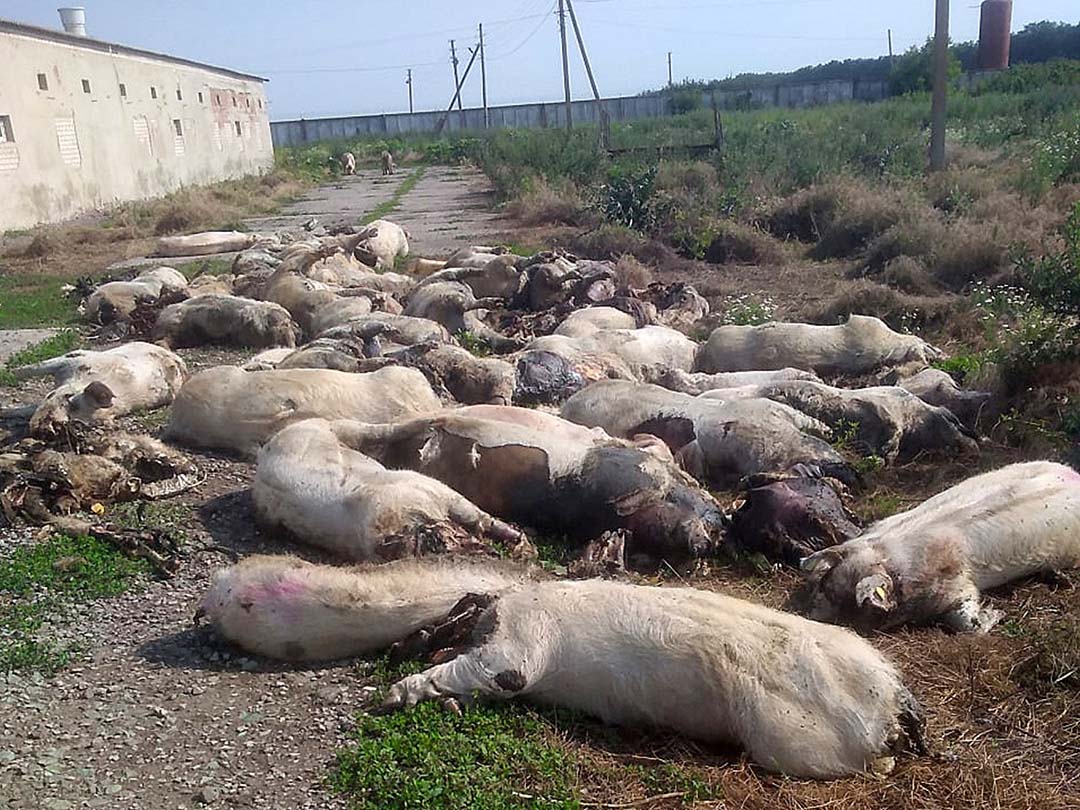
 LAOS: UDA Farm
LAOS: UDA Farm
Laos is only gradually tapping into its potential, and is reliant on knowledge from abroad to set significant new steps in the swine industry. Khanthong Sipaseuth is owner of UDA Farm, north of the capital Vientiane. The 5,000 sow closed farm, with GGP sows until finishers is all on one location consisting of 56 buildings. Pig Progress editor Vincent ter Beek zoomed in on the farm’s biosecurity management, genetics through SiamPigs and nutrition choices.
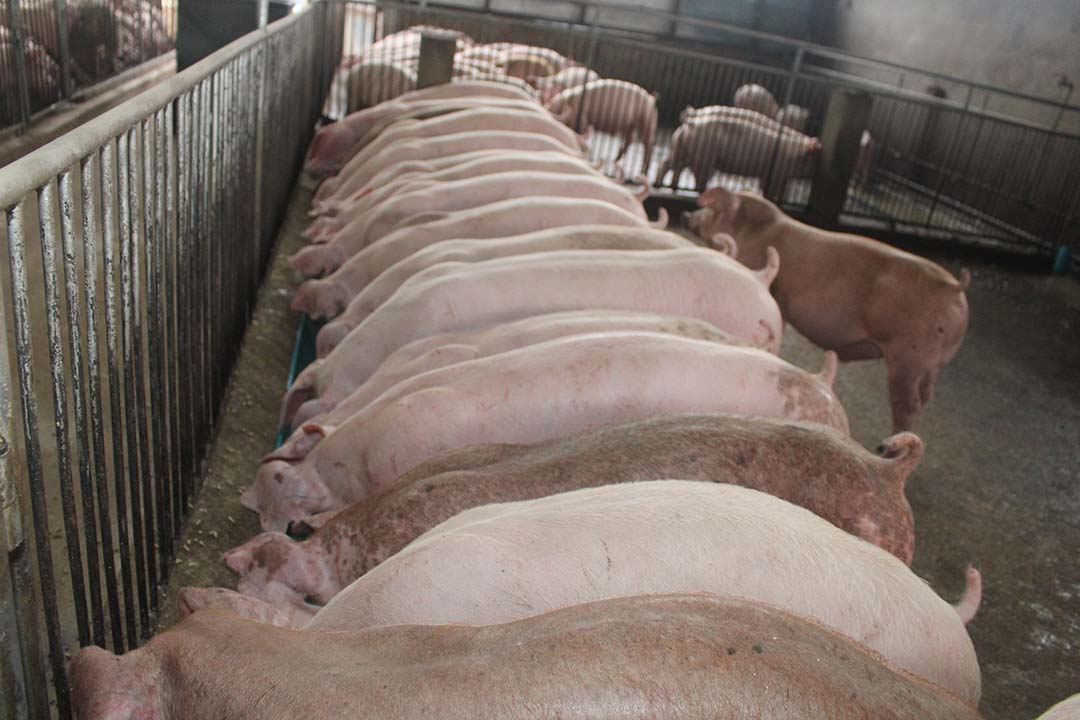
 SPAIN: Gene transfer centre “Allen”
SPAIN: Gene transfer centre “Allen”
Global pig genetics company PIC is helping to push the thriving Spanish pig industry to higher levels, hence they opened a new gene transfer centre near Solsona in northern Spain in May 2023. The location, run together with Semen Cardona, houses 300 maternal and terminal boars, and will produce up to 600,000 seminal doses per year. Editor Vincent ter Beek had a sneak preview before the facility went into operation.
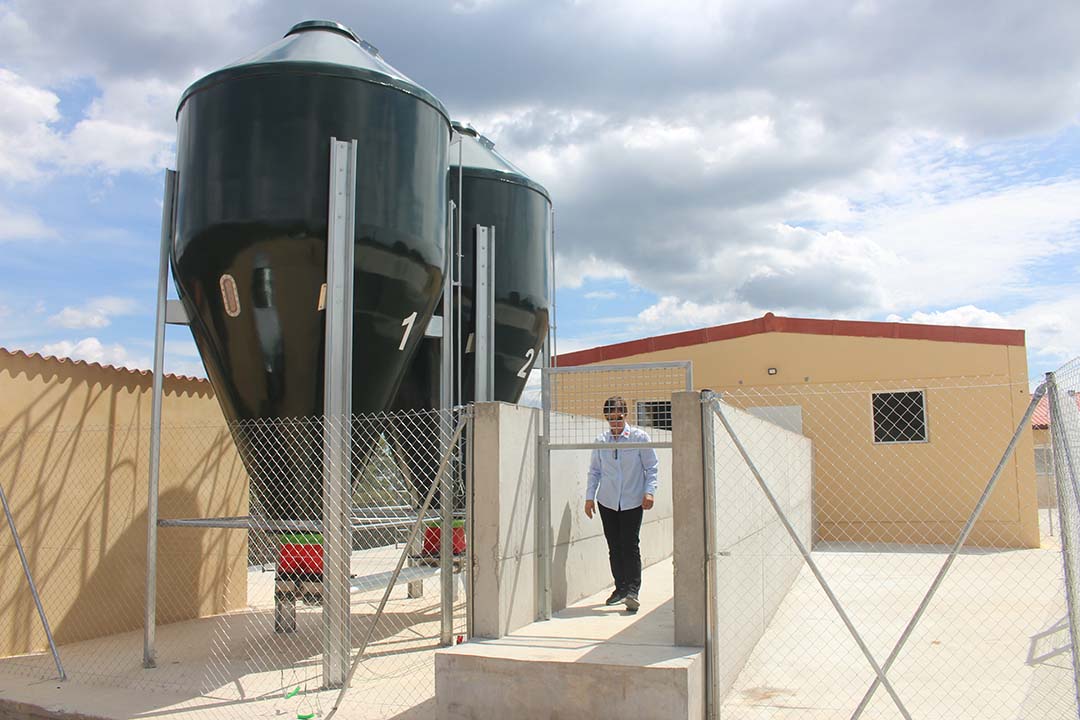
 HUNGARY: Felsőbabád
HUNGARY: Felsőbabád
Senior reporter Kees van Dooren of sister title Boerderij travelled to this impressive brand new 2-floor farm near Bugyi in Hungary. The farm, part of livestock trading company Hunland, has room for 4,080 sows and sells piglets which go to finishing farms within their own organisation. As the article explains, Hungary is welcoming new investments in agriculture.
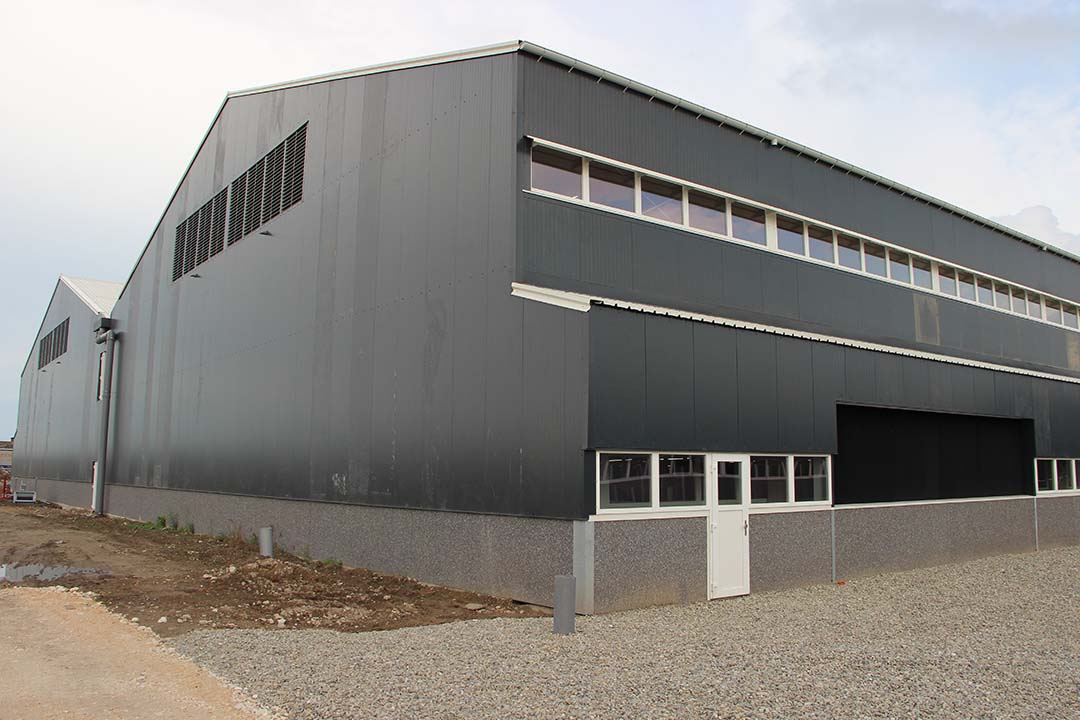
 THE NETHERLANDS: Brand Pigs
THE NETHERLANDS: Brand Pigs
Does the effect of supplying additional milk replacer last all the way until slaughter? With that question, research by animal nutrition company Swinco is on the way at Brand Pigs, a 400-sow farrow-to-finish farm in the south of the Netherlands, owned by Richard van den Brand. Editor Vincent ter Beek learned about an additional bonus as well: the effects can be compared between piglets weaned at just over 3 weeks as well as 5 weeks.
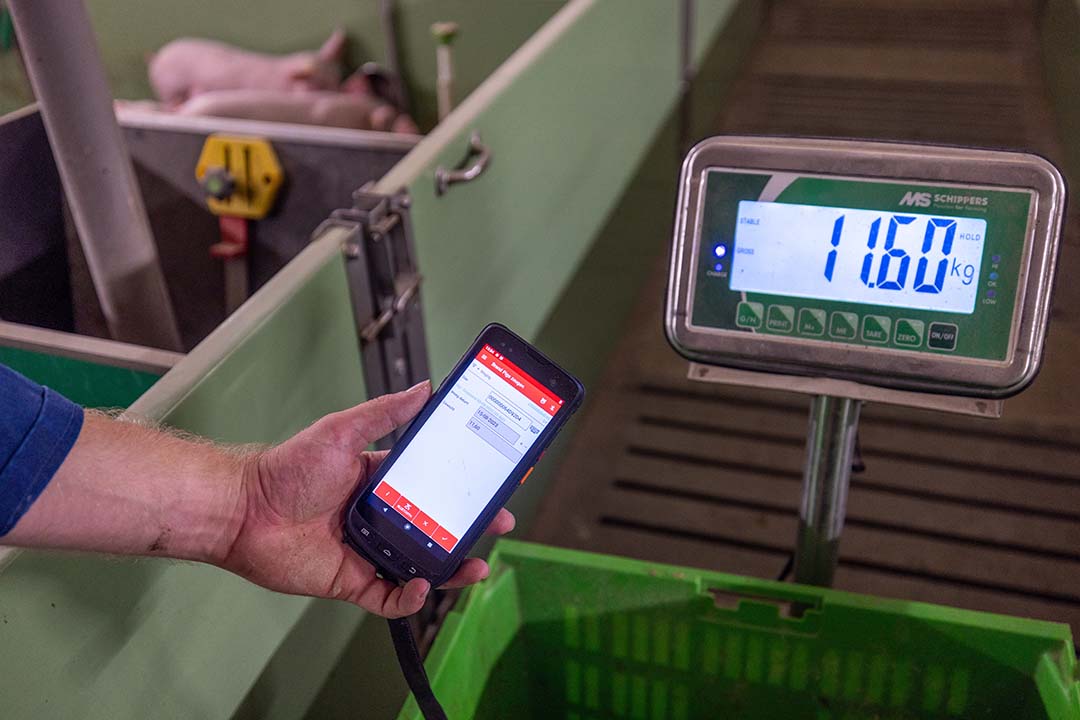
 UNITED STATES: Las Vegas Livestock
UNITED STATES: Las Vegas Livestock
What happens to all food waste produced in Las Vegas’ casinos? Some if it gets used – after processing – into feed for pigs. This happens at the grow-finisher facility of Las Vegas Livestock located about 45km north east of Las Vegas. Correspondent Aage Krogsdam had a good look on-site, which produces about 20,000 finisher pigs on a yearly basis.
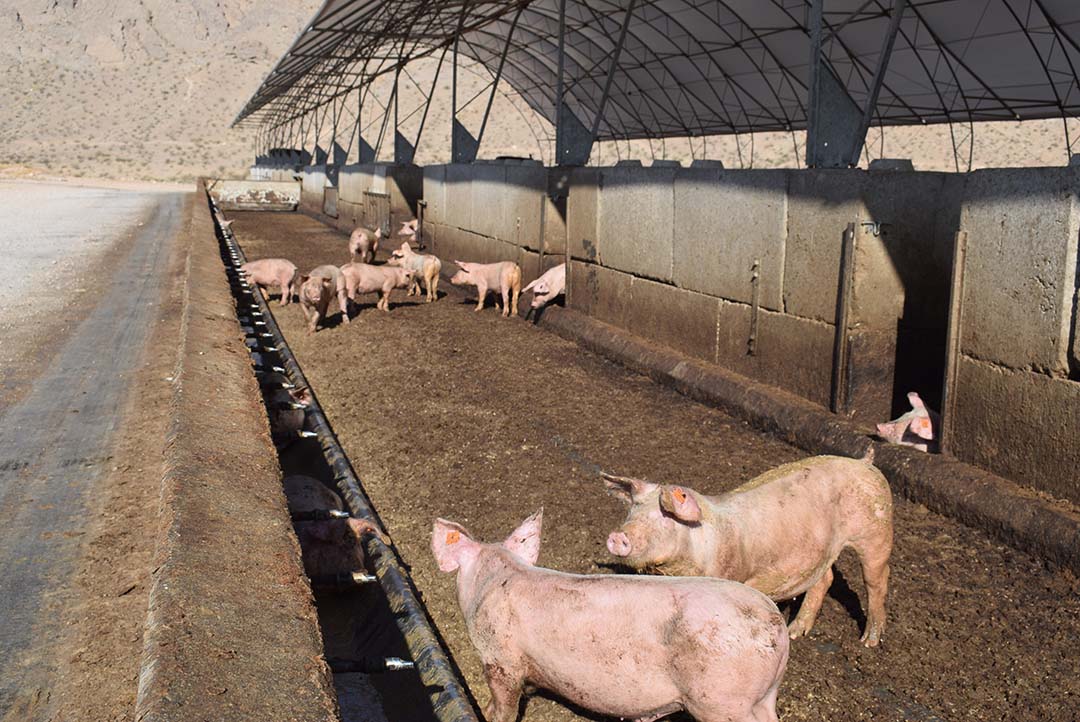
 UNITED KINGDOM: Cotlea Farm
UNITED KINGDOM: Cotlea Farm
Whilst most pig farm visits revolve around commercial breeds, this feature in the UK brought editor Vincent ter Beek to Cotlea Farm, owned by Kelly Gibson. She keeps Oxford Sandy and Black pigs – a rare breed that is mostly kept in the United Kingdom. On the farm she keeps a number of pureline breeding animals and sells about 40 weaner pigs per year. What makes this breed so special and what does it take to grow these animals?
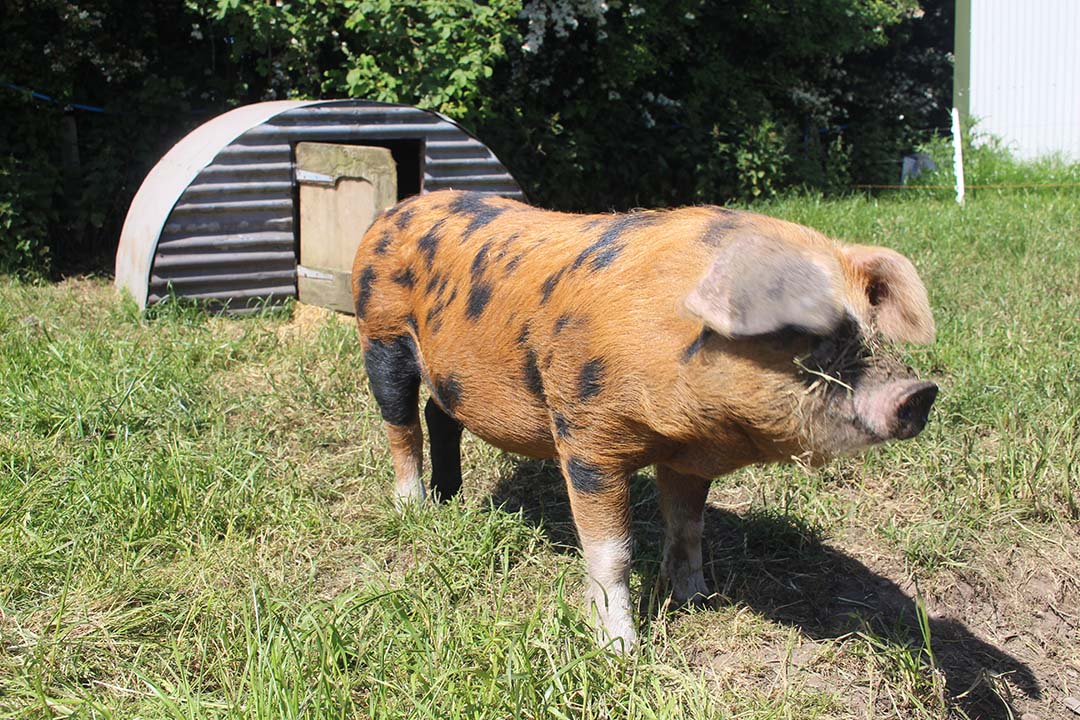
Would you like to see more farm visits? Also check out our farm visit recaps of previous years:
- 2022 (featuring a visit to The Good Pig in Argentina)
- 2021 (with a virtual visit to SDSU’s swine resarch facility)
- 2020 (with e.g. a visit to a PIC nucleus in Denmark)
- 2019 (with e.g. a long feature to Cherkizovo in Russia)
- 2018 (when we visited the multi-storey pig farms in China)
- 2017 (with a visit to HoCoTec in Colombia).



